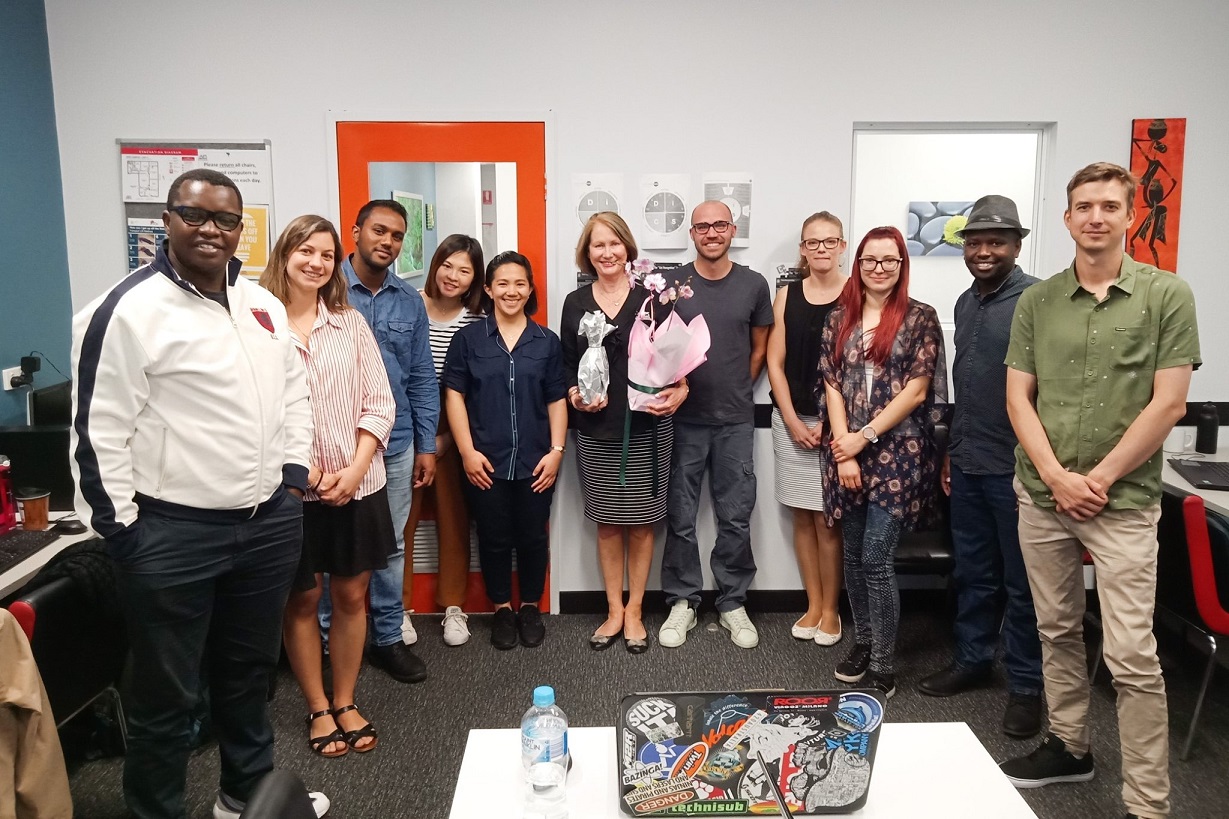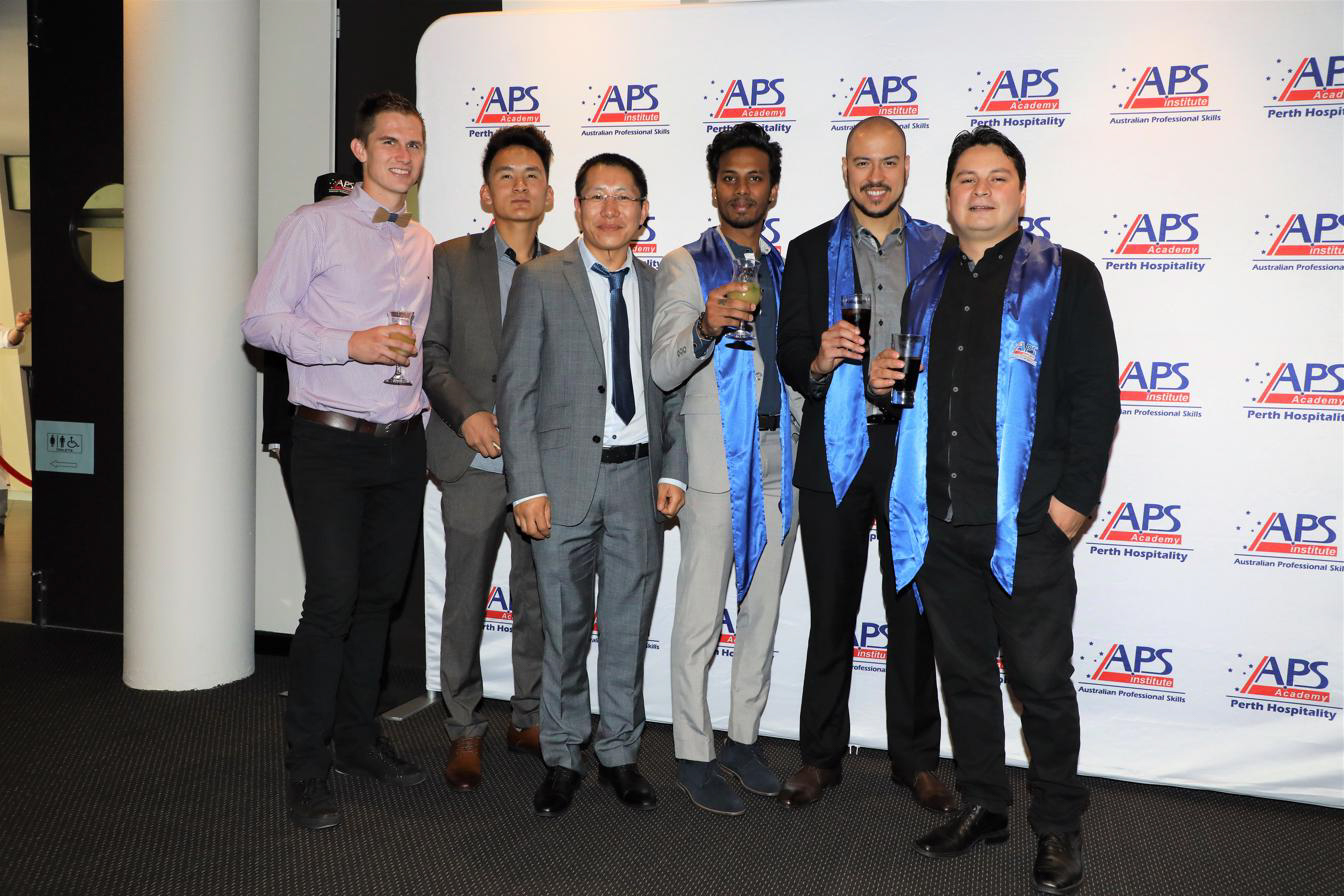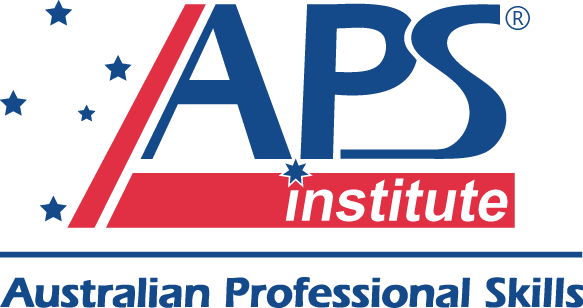
Advanced Diploma of Business

CRICOS Course Code: 106055D
VET National Code: BSB60120
Course Description
The Advanced Diploma of Business provides learners with the skills they need to take the next career step into a senior role in business. This advanced course will provide learners with additional support and or a place where learners will gain up-to-date industry information. Having the confidence to apply knowledge from the learnt skills and applying those into their workplace will benefit learner’s personal growth and the organisation’s strategies.
The Advanced Diploma of Business course has been developed to include important topics such as writing a marketing plan, manage finances, creating an advertising campaign, managing change, international marketing and digital technologies.
The delivery of content from highly educated and experienced trainers and assessors makes this an interesting and applicable course that learners will feel empowered to perform the necessary skills within their role as Supervisor, Team Leader or Middle Management within Business/Administration environments.
This course is also available through online learning. International students on student visas must attend this course through face-to-face training.
*Subject to terms and conditions
Relevant Job Roles
This qualification reflects a variety of Business Services job roles. Upon completion of this qualification, learners may have general management accountabilities.
Learners will be able to carry out complex tasks in a specialist field of expertise. Learners may undertake technical research and analysis, and will often contribute to setting the strategic direction for a business or an organisation.


Intake Dates
Click here to access our Academic Calendar and Intake Dates.
This course is also available 100% online with E-learning*. Students can commence the online course on any date.
*Subject to terms and conditions
Course Duration
52 weeks (1 year)
Assessment Methods
Assessment is based on the principles of competency based training. Performance of learners is assessed on their ability to perform the task(s) to industry standards. In order to ensure the principles of validity are upheld are variety of learning styles and a range of assessment strategies are used.
Assessment for each unit of competence will be through a combination of classroom based and workplace training projects. Classroom based assessment includes but is not limited to:
- Assignments
- Practical Demonstrations
- Group Activities
- Projects
- Knowledge questions
Students are advised well in advance of assessment activities and a student may put forward for consideration any special needs they may have. The assessment plan is documented in all modules and workbooks. Dates of assessment are provided on the first day of class along with a timetable. Students may be assessed by a combination of continuous assessments and final project presentations.
Mode of Delivery
- 30 weeks of Face-to-Face Learning followed by 10 weeks (200 hours) of workplace training and assessments.
- E-learning (online) available to Domestic Australian fee-for-service students.
Timetable
Students are required to attend two full days per week (from 9:00am to 5:00pm) on campus for face to face learning. Students are also required to undertake an additional half day for self-studies / E-learning/ Research / Assessments.
Timetables/Delivery Schedules/Classes are subject to change without prior notice. Students will be given a timetable prior to course commencement date and at the beginning of every term.
Admissions Requirements
To gain direct entry to the Advanced Diploma level, students must have successfully completed an Australian qualification at the Diploma level in similar areas.
Uniform
Business students are not required to wear any uniform while they attend classes.
Recognition of Prior Learning (RPL)
RPL is available to anyone who has experience working in the industry
RPL:
- provides an alternative pathway to achieving a qualification without course attendance
- is a consultative process between with the candidate and the assessor to determine whether the candidate has acquired the requisite learning, skills and knowledge to demonstrate that they have achieved the required learning outcomes or performance criteria of the course or qualification, for which the candidate is seeking
- identifies where appropriate additional learning experiences or training gaps are needed to achieve the course or qualification
- is the conduct of an assessment to confirm competency.
APSI has developed a process that promotes holistic and task-based assessment. It focuses on relating assessment activities to actual job tasks. The intention of this model is to streamline and simplify the process of recognising competency.
Prior to RPL, information is provided to the candidate on the assessment process. Specific advice is given to each candidate on how they can demonstrate their competence and what documentary evidence is required to support their application. Each industry has unique documents that can provide evidence of experience and competence.
The candidate is required to provide adequate information prior to, throughout and after a training and assessment experience. The assessor, in this process, needs to be fully aware of the needs of the candidate and help them identify relevant workplace personnel who can confirm the candidate’s competency.
The focus of the APSI streamlined holistic assessment process is to focus on demonstrated skills and knowledge and not to rely purely on documentary evidence as the main source of evidence.
Some examples of documentary evidence that can support the process include:
- licences such as First Aid, RSA
- comprehensive CV or work history with details of job role and responsibilities
- previous qualifications from overseas and Australia
- certificates and records of results or assessments completed with other RTO’s
- photographs of work undertaken
- samples of related project work
- diaries of tasks performed
- task sheets/job sheets/logbooks
- site training records
- pay slips / employment contracts / job descriptions
- memberships of relevant professional associations
- references/letters/third party reports from previous employers/supervisors
- industry awards
- performance appraisals
Credit Transfer
Credit transfer is granted if you have completed the same unit with the same unit code and unit name with another RTO in Australia. If you wish to apply for credit transfer, you can learn more about our Skills Recognition Credit Transfer and Recognition of Prior Learning (RPL) policies and procedures HERE.
Please download and complete the Credit Transfer Application Form HERE and submit it along with your application.
Articulation
APSI has a direct pathway to Edith Cowan University (ECU), which enables students to fast track their university degrees. Students who complete the Advanced Diploma of Business and who meet ECU admission requirements will be given advanced standing in Bachelor of Commerce with up to 120 credit points ( 1 year).
Location of Delivery
East Perth main campus – Wellington Fair, 40 Lord Street, East Perth, WA 6004 Western Australia
Disclaimer
The information contained on this website is current at the time of publishing. Australian Professional Skills Institute reserves the right to change the admission requirements, fees, location of delivery and units of competency whenever necessary. Please contact us for the most current information.

